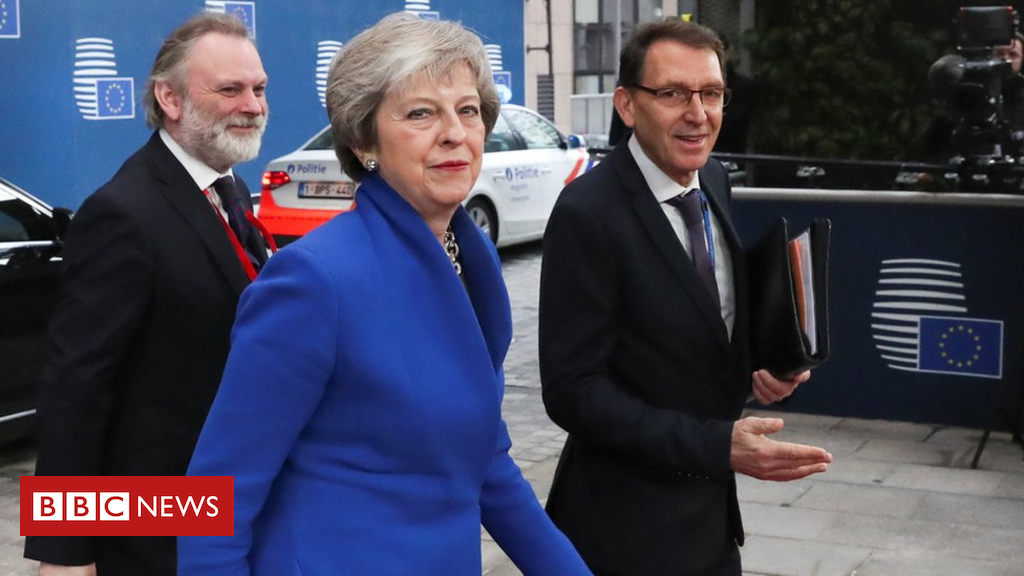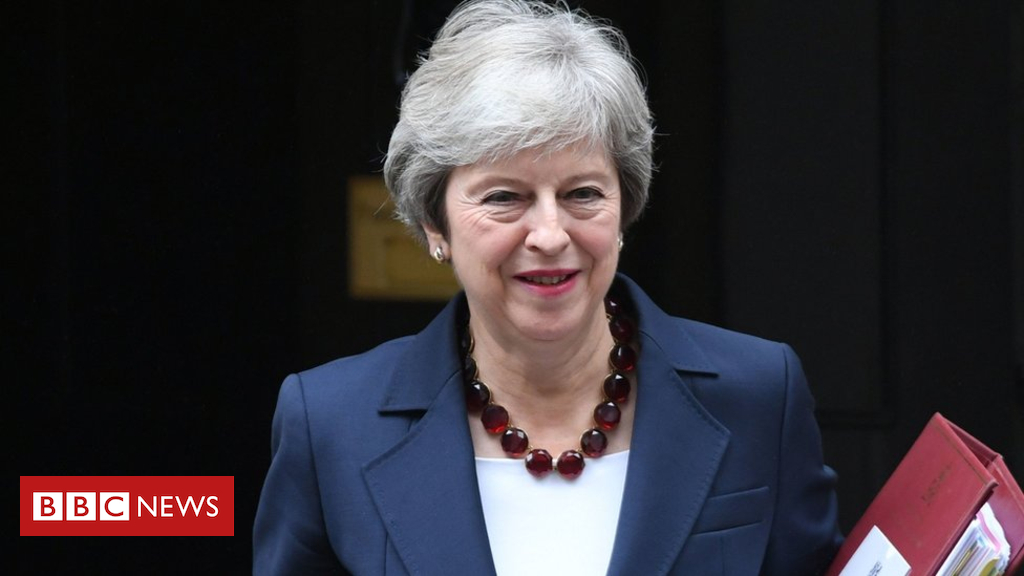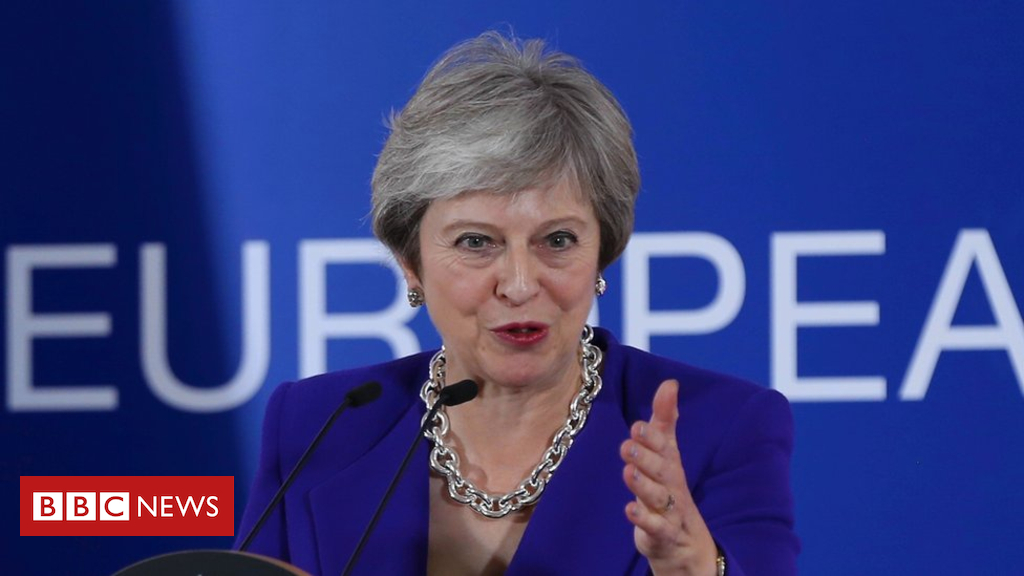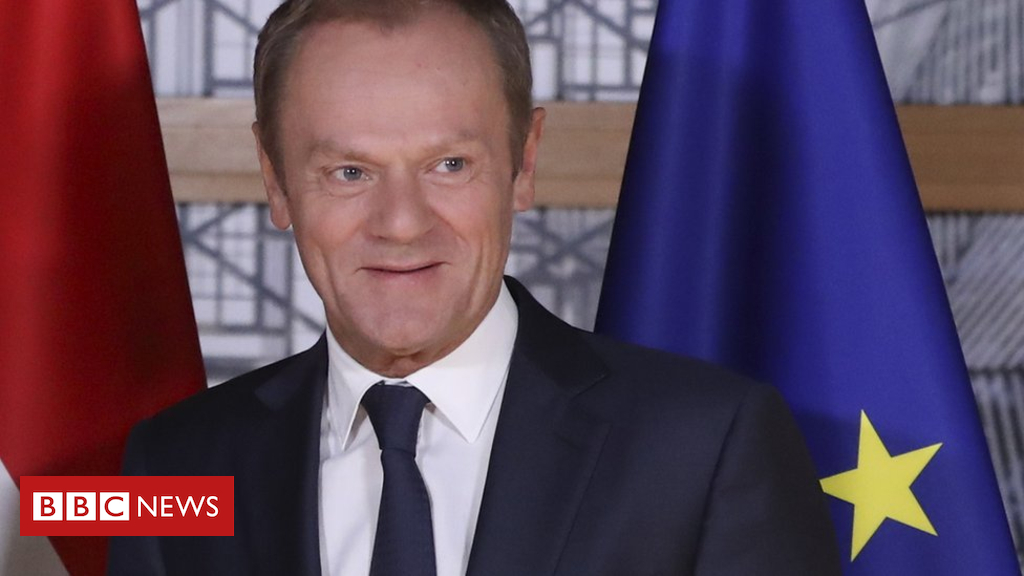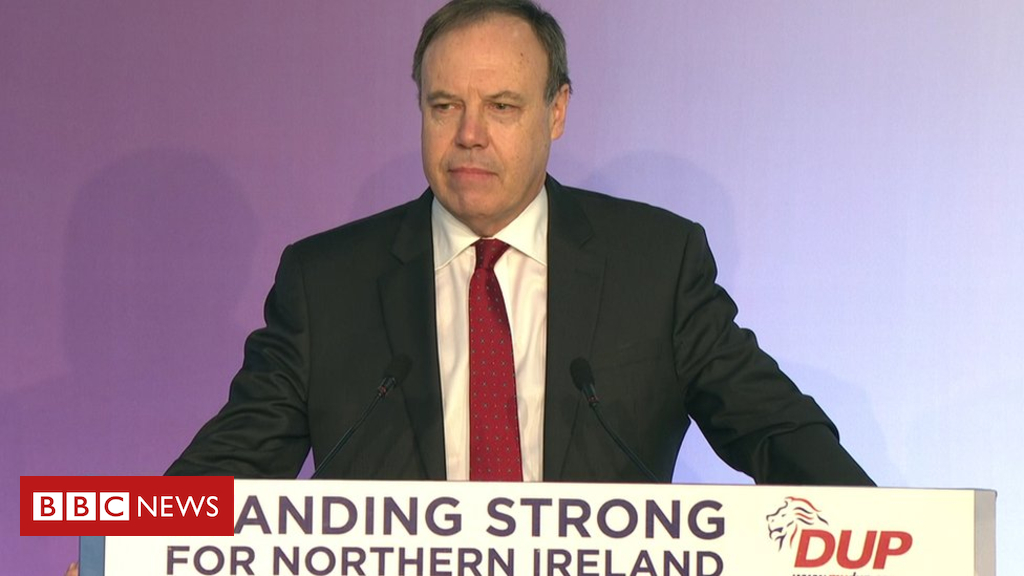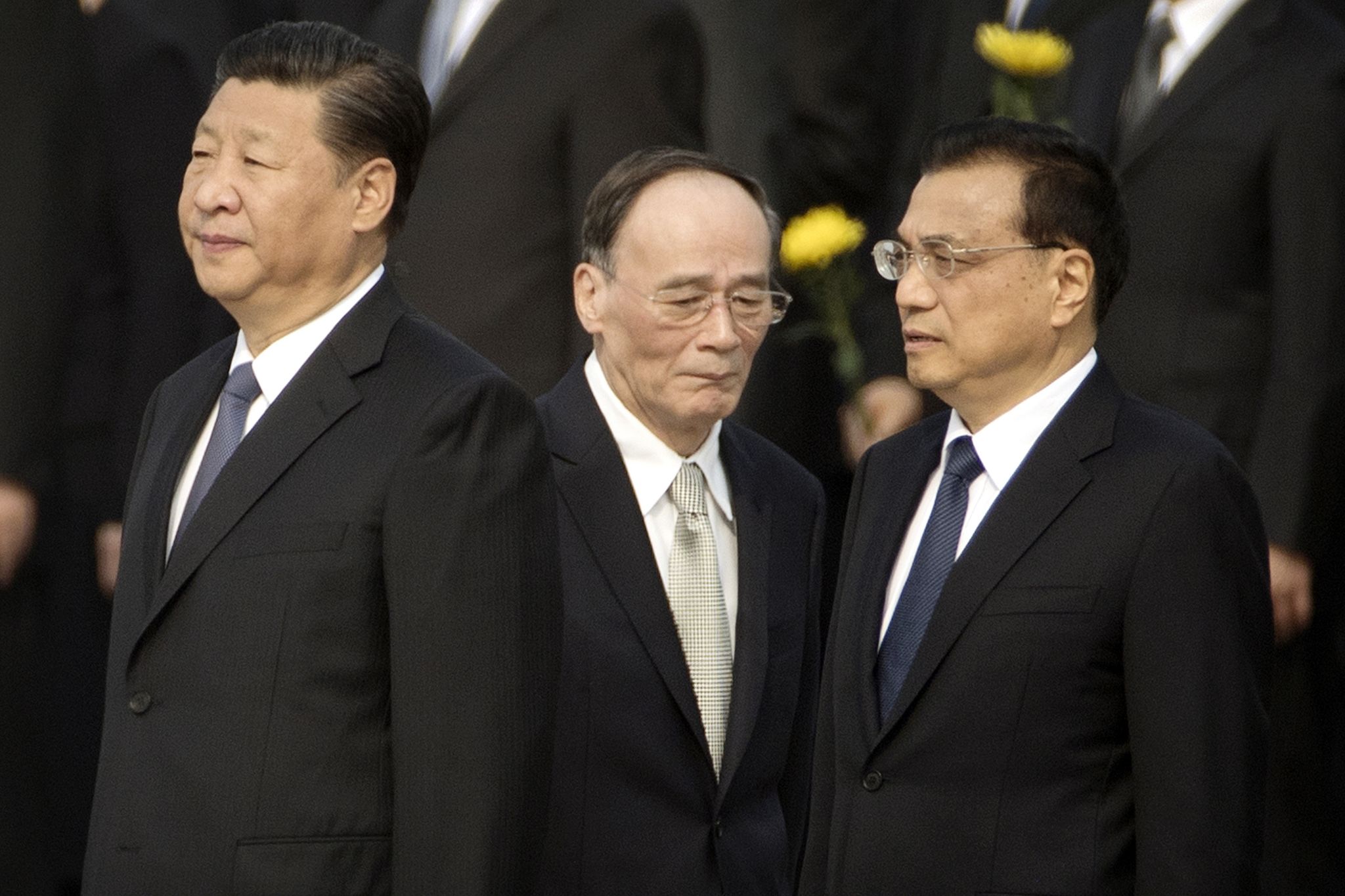
China has agreed to “meaningful increases” in its purchase of U.S. agriculture and energy exports to help reduce the U.S. trade deficit, both countries said Saturday after wrapping up two days of high
China has agreed to “meaningful increases” in its purchase of U.S. agriculture and energy exports to help reduce the U.S. trade deficit, both countries said Saturday after wrapping up two days of high-stakes trade talks in Washington.
A joint statement released by the White House said negotiators from both sides found “consensus on taking effective measures to substantially reduce the United States trade deficit in goods with China.”
“To meet the growing consumption needs of the Chinese people and the need for high-quality economic development, China will significantly increase purchases of United States goods and services,” the statement said. “This will help support growth and employment in the United States.
The statement said both countries, which have been locked in an escalating tariff feud, agreed to resolve trade concerns “in a proactive manner.”
Treasury Secretary Steven T. Mnuchin, U.S. Trade Representative Robert Lighthizer and other U.S. officials concluded two days of talks Friday with a Chinese delegation led by State Council Vice Premier Liu He, a special envoy of President Xi Jinping.
President Trump has been calling for China to end unfair trade practices that have led to a more than $375 billion trade deficit for the U.S.
The joint statement didn’t specify how much the trade deficit is expected to be impacted. The Wall Street Journal said Chinese officials resisted a U.S. demand to cut the deficit in half by the end of 2020.
As a result of the talks, China agreed to eliminate restrictions on sorghum imports from the U.S. in a possible deal to ease U.S. sanctions on ZTE Corp., the second-larges manufacturer of phones in China. Mr. Trump said he promised to review the sanctions after a personal request from Mr. Xi, who said the ban on doing business with ZTE had hurt its 70,000 employees.
The U.S. will send a team to China to work out the details of increasing exports of agricultural and energy products, the statement said.
The countries also agreed to “strengthen cooperation” on intellectual-property protections, the statement said.
The U.S. has been threatening tariffs totaling as much as $150 billion on Chinese products, with Beijing vowing to retaliate with its own tariffs on U.S. agriculture, airplanes and other products.


